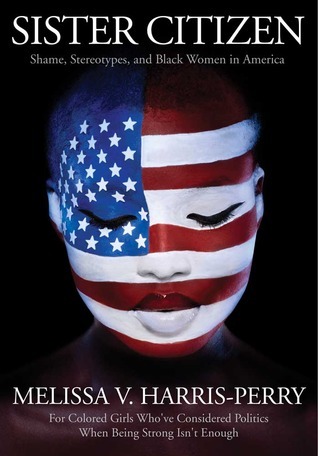What do you think?
Rate this book


378 pages, Hardcover
First published September 20, 2011
[Guilt's] specific focus on behavioral violation can encourage empathy, and motivate the guilty to altruistic action. Something different happens with shame, by imposing a lasting stigma on their very identity. It is proclaiming that a person (herself or himself) is defective, rather than motivating restitution. Shame debilitates and encourages avoidance.
If you are constantly told that you were a problem, you eventually feel that you are a problem; and the more you feel like a problem, the more you notice negative feedback. It is harder to concentrate because you are working to manage the psychological effects of feeling ashamed. In this way, social rejection shapes experiences of the self and the world.